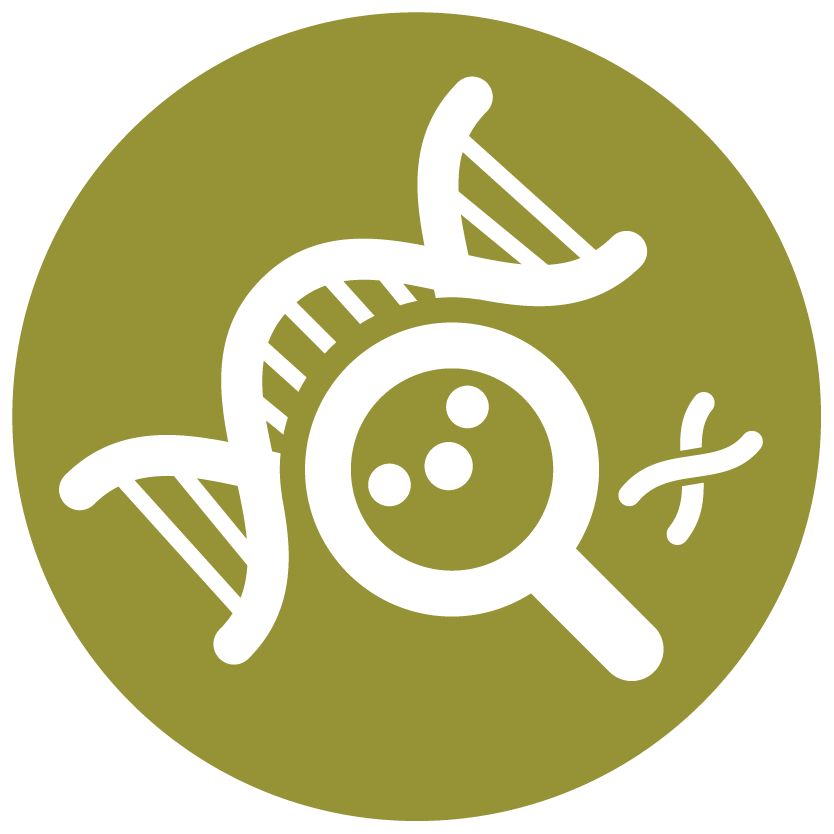Back
Discovery and Basic Research
Session: Symposium: Rapid Discovery of Therapeutics: Past Experience and Computational Approaches
Bioinformatic Driven Translation of Precision Genomic Therapy
Monday, October 17, 2022
9:30 AM – 10:00 AM ET
Location: 254 B

Kiley Graim, PhD
Assistant Professor
University of Florida
Gainesville,, Florida
Speaker(s)
Multi-omic analysis has allowed increasingly precise dissection of disease at a patient-specific level. Precision oncology leverages results from multi-omic analysis to uncover the best treatment given a patient's molecular marking from their tumors. Unfortunately, the sparsity of patient genomic sequencing (and other -omic analyses) hampers machine learning algorithms, which must work around missing data. Methods that can recapitulate molecular profiles from sparse multi-omics data and pair those profiles with drug profiles could leverage higher quality of information that maximizes predictions of therapeutic outcomes from any given pharmaceutical. We introduce multi-view machine learning strategies that jointly predict therapeutic significance across multiple data sources, creating a unified patient outcome prediction platform. We illustrate that this strategy increases the performance and likelihood of prediction against any conventional machine learning algorithm and further demonstrate the power of this approach by extracting signatures for pharmaceutical sensitivities in vitro. In parallel, we discuss machine learning models for developing novel therapeutics, enabling development of mechanisms to target discovered molecular markers.
Learning Objectives:
- Upon completion, participant will be able to obtain knowledge on artificial intelligent fundamentals.
- Upon completion, participant will be able to gather sufficient information on the clinical translational utility of bioinformatics from a genomics view.
- Upon completion, participant will be able to gather sufficient information on the cutting edge solutions to pharmaceutical repurposing and clinical trial design in precision medicine and patient outcome prediction

